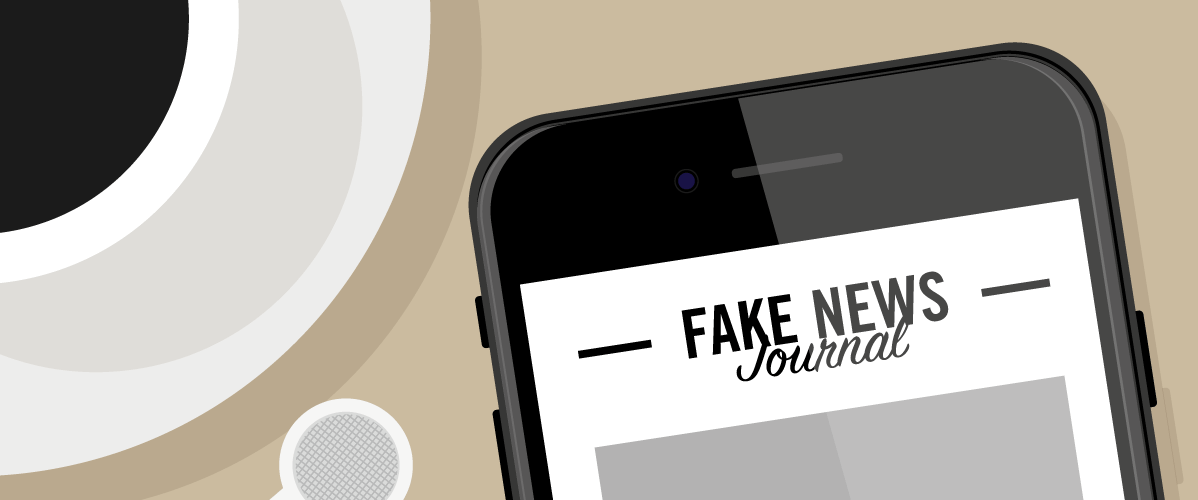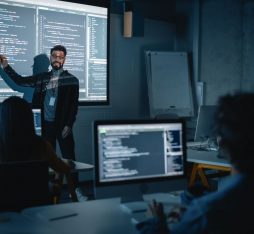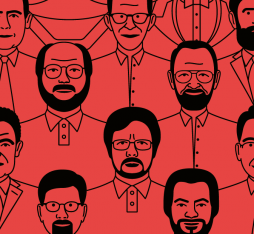Fake news: an expression you hear repeatedly in conversations, in the newspapers, in TV news bulletins – everywhere. So much so, that it’s become a part of our everyday vocabulary, by now so familiar that it rolls off the tongue like any other household word.
Nothing new about this recipe
The words have been so often repeated that there’s a risk of “fake news fatigue” setting in as the expression begins to feel over-hyped. “We have to stop talking about fake news and start using the proper words to describe this type of activity, and call it disinformation, manipulation, propaganda, etc.,” suggests Grégoire Lemarchand, Deputy Editor-in-Chief and Social Networks Editor at Agence France Presse, (AFP). “Whatever you call it, the phenomenon can be identified by a number of markers, that are active either separately or in combination: a propaganda objective, the “lol/lulz” culture, or/and the operations of clickbait factories.” Forgery is an exercise with a long history. The Protocols of the Elders of Sion, probably composed in 1901, purport to be by a Sanhedrin, or council of Jewish elders, and set out the supposed Jewish plan for world domination. It went on to have considerable and lasting influence worldwide, which could have been enormously amplified in the world of the Web 2.0 fuelled by social networks and rampant disintermediation. “With the web, the channels for distributing alternative information have become democratised and YouTubers and Twitterers, etc. are tending to become de facto media outlets – but without claiming to be so, like Mark Zuckerberg, when he says that at Facebook, they ‘cannot become arbiters of truth.’”
A balancing act for the media
In this situation, what stance and choices should mainstream media be adopting? Criticism is easy, but art is difficult, as someone once said. In Grégoire Lemarchand’s view, the media cannot duck its duty of care and education. But the filtering needs to be very strict. “The idea is to select the most viral fake news stories that had the biggest impact in order to deconstruct and analyse them with a view to debunking them and raising awareness among the general public.”
According to Grégoire, another absolute necessity is for media to cooperate with each other in order to boost the effectiveness of this type of approach. Initiatives launched in recent years have confirmed that view.
Organising the fight-back
One of the most significant projects in this area led to the creation in 2015 of the First Draft network, a coalition of media businesses, social media networks, researchers and NGOs, united to combat fake news. In 2017, First Draft launched CrossCheck, a collaborative online content fact-checking system. As a stakeholder in this initiative, AFP also teamed up with Facebook to roll out is own fact-checking tool. And AFP is now contributing to the European Union’s InVID innovation project designed to develop a system to check video content circulating on the web.
More than ever, AFP is giving itself the means to deliver on its promise of 100% fact-checked news.
“With the web and the surge in the number of online platforms, media are democratising: everybody is now their own media outlet whether they claim to be one or not, with non-verified content spreading at unprecedented rate.”










